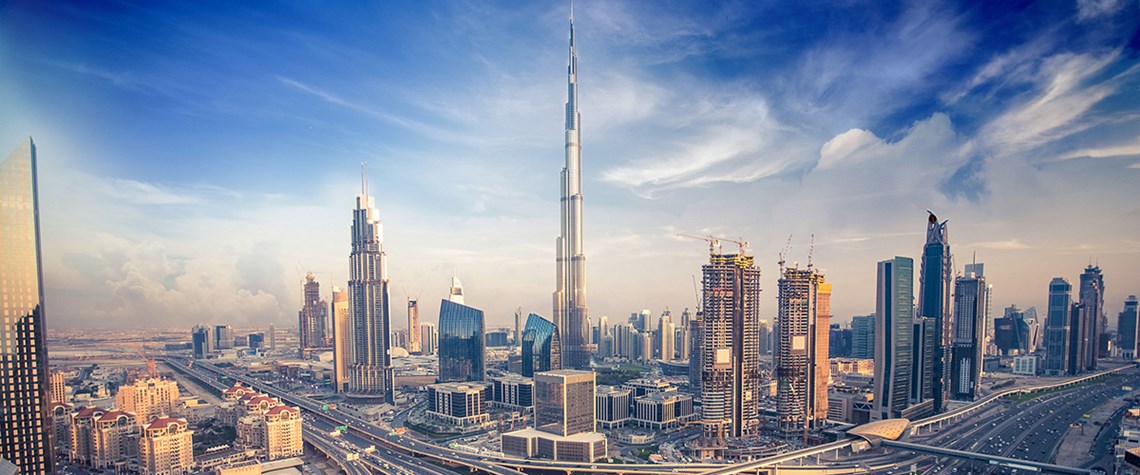UAE—all hands on deck
The country is adopting a new energy identity which gives emirates, other than kingpin Abu Dhabi, greater and more diverse roles
Six emirates united under the UAE flag at a time when towns were slowly emerging from empty desert, caravans of camels decorated the horizon and agents of foreign energy firms examined dog-eared maps on the heated bonnets of their 4x4s. Since that day in December 1971, the energy paths of Abu Dhabi, Ajman, Dubai, Fujairah, Sharjah and Umm al-Quwain have differed hugely. Ras al-Khaimah joined the UAE a year later. For nearly half a century, Abu Dhabi, and Dubai to a lesser extent, took the lead in fossil-fuel production and consumption. But now the playing field is beginning to level out as other emirates leverage their natural resources. Three key triggers are spurring change. The first is t

Also in this section
24 February 2026
As Europe marks the fourth anniversary of the Russian-Ukraine conflict, EU efforts to tighten sanctions on Moscow have stalled
24 February 2026
Energy security continues to evolve as a strategic priority amid growing geopolitical tensions highlighted by increased volumes, a new energy law and persistent secrecy
24 February 2026
Sustained low temperatures have depleted storage levels and exposed the EU’s vulnerability to shocks even as the bloc moves ahead with phasing out all Russian imports
23 February 2026
The country’s upstream players have demonstrated resilience to low oil prices and are well positioned to prosper despite a volatile market







